13+ Top Skills to Add to Your Resume (and How to Include Them)

There are currently 7.8 billion people on Earth – and the number this about to touch 8 billion in 2023, and 10 billion by 2056.
Unfortunately, the number of jobs isn’t increasing fast enough to keep up with the growing population.
There’s a lot of competition for job seekers and the right opportunities during a job search can be hard to come by. The same can also be said about side hustles. Let’s face it, most employers get thousands of job applications, and it isn’t possible to pore over every single one of them for lack of time. So, modern-day companies use a system called the Applicant Tracking System.
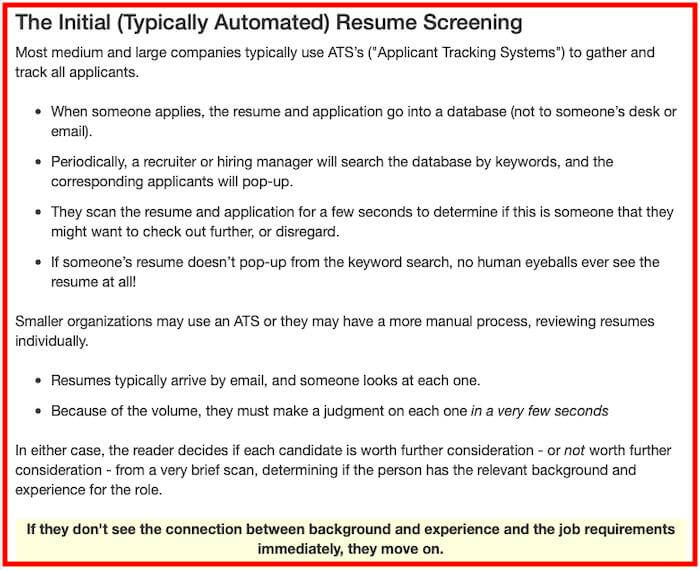
Employers initially select the resumes that show positive hits for specific keywords, no matter how irrelevant they may later turn out to be.
And due to this, many relevant candidates end up getting rejected outright due to the lack of required keywords in their resume.
That’s why creating the right resume isn’t a simple task anymore.
This guide will cover the best skills to add to your resume to get more job opportunities this year. This skills list covers what to add to your resume skills section so that you can go from seeing a job posting to getting hired.
Let’s get started.
What Are the Best Resume Skills?
Skills and requirements across industries vary widely. For instance, your marketing skills may be of little use if you’re going to write code for a software company. Similarly, your expertise in operations management may be irrelevant for a role in brand management.
That’s why you need to know exactly what the industry needs, what keywords are most likely to be appropriate for each job description, and how your best skills are relevant.
These will vary across industries.
But there are job skills that might be required in every industry. They help in ensuring you adapt, sustain, and thrive in any work environment and climb the corporate ladder.
They are ‘soft skills’ and ‘hard skills.’
Soft Skills vs. Hard Skills.
Hard skills are usually quantifiable, like your ability to solve mathematics problems, write code in JavaScript, HTML or CSS, prepare pitching scripts, and more. They are teachable, and you can acquire them with practice.
On the other hand, soft skills are intangible. And in most cases, you cannot teach them. Examples are communication skills, office etiquette, gelling with co-workers, and more.
Here’s a list of some of the most in-demand soft skills and hard skills according to LinkedIn Learning:

Sometimes, showcasing a skills section of your resume the right way can make all the difference.
Other than that, there are a lot of hard and soft skills and competencies that are in high demand.
Here are some of the most important ones right now.
Soft Skills.
- 1. Time Management.
- 2. Leadership Qualities.
- 3. Communication Skills.
- 4. Self-Motivated and the Ability to Take Initiative.
- 5. Adaptability and Flexibility.
- 6. Creativity and Innovation.
- 7. Collaboration and Teamwork.
- 8. Foreign Language Proficiency.
- 9. Social Media Expertise.
- 10. Project Management.
- 11. Computer Technology and Programming Languages.
- 12. Statistical Analysis and Data Mining.
- 13. SEO/SEM Marketing.
- 14. Graphic and Web Design.
- FAQs
1. Time Management.
Time management is one of the most important skills, especially in a corporate setting. You’ll have to meet clients, manage team meetings, schedule appointments, pre-determined deliverables on a deadline, and hit your own daily targets.
But there’s only 24 hours in a day and 8-9 hours in the office.
That’s where time management becomes a crucial skill-set and is a trait admired across every industry. Unless you manage your time efficiently and effectively, you are likely to fall behind on all your work.
Highlighting your ability to manage time will immediately set you apart from your competitors. Every business works on a deadline and needs employees who can work on a tight schedule.
Train yourself to prioritize tasks, and use frameworks to the best effect.
Take the Eisenhower framework, for instance:
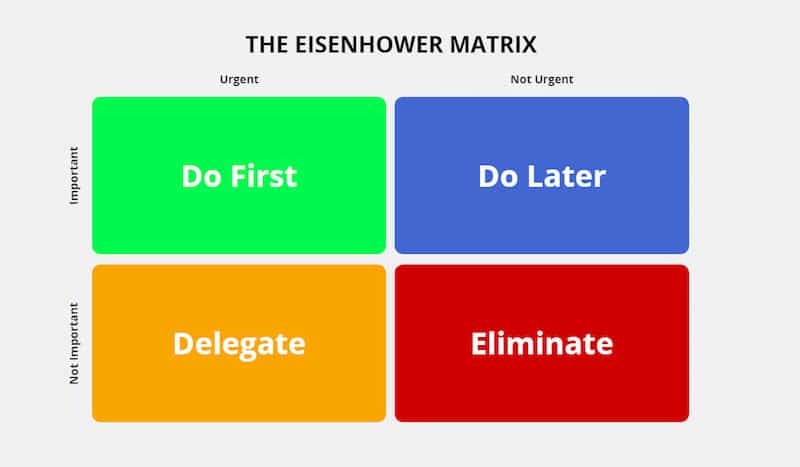
It requires separating your tasks into four main quadrants based on urgency and importance. Naturally, it allows you to plan your time better and helps you reduce a lot of stress.
The ability to demonstrate proficiency in time management with these frameworks adds to the candidate’s appeal.
Here’s one more weighted decision matrix example provided by airfocus, a roadmapping and prioritization tool, that you can use for learning how to prioritize decision making.
How to Include Time Management in Your Resume?
You can find a lot of great resume examples that offer guidance and how to add certain elements to your resume. For example, make sure to always include easy-to-read bullet points when you list skills. Include action-oriented keywords in your resume for the best results, such as:
1. Ability to Delegate Tasks.
- You can highlight your ability to delegate tasks to ensure the simultaneous completion of multiple targets.
- It also points out your ability to identify the potential of every employee and allocate responsibilities and duties accordingly.
2. Focus.
- Talk about your ability to focus on the task at hand.
- It also highlights the fact that you don’t try to do too many things at once, and instead focus on the most important and urgent task first.
- Here, you can also talk about how you focus on each task, ensuring you don’t have to spend time on it later due to any inadvertent error.
3. Goal Setting.
- Talk about how you break down tasks into small parts and set goals for yourself and your team.
- Point out briefly how dividing tasks into small goals can help you complete them faster, boost your confidence, and have helped you in the past.
4. Organization Skills.
- Draw attention to how you like to maintain a clean and organized workspace.
- Multi-tasking and managing a lot of different complex tasks at once are good skills to add in your resume skills section.
5. Ability to Prioritize Important Tasks.
- Highlight your ability to understand the urgency of tasks and clearly prioritize them.
2. Leadership Qualities.
Most of the time in the workplace, your senior would allot you work and give pre-determined targets. How you can work as a team and get the job done is something you have to figure out.
That’s where you require stellar leadership qualities.
When the morale of the team is down, a true leader can make all the difference in the workplace.
Employees who can lead from the front, drive the team, influence their co-workers positively, and meet deadlines are in high demand from companies.
There are usually four leadership styles, namely supporting, delegating, coaching, and directing.
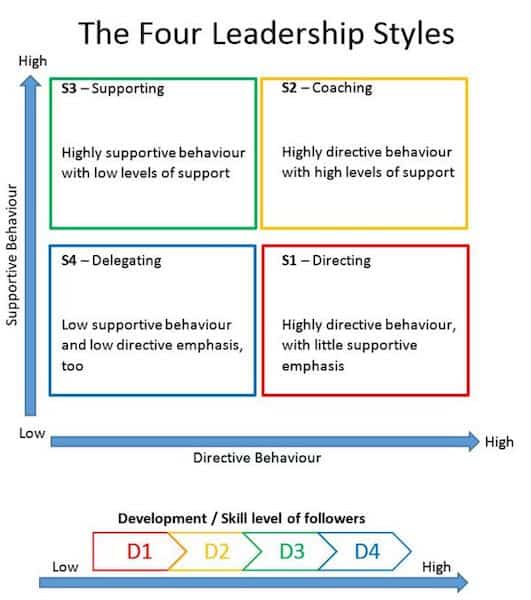
The best leaders are the ones who fall under the S2 (Coaching) category.
How to Include Leadership Qualities in Your Resume?
You can take advantage of numerous resume-building tools to highlight your leadership skills.
For example, you can simply choose a template by Canva that uses the right keywords to demonstrate your leadership skills:
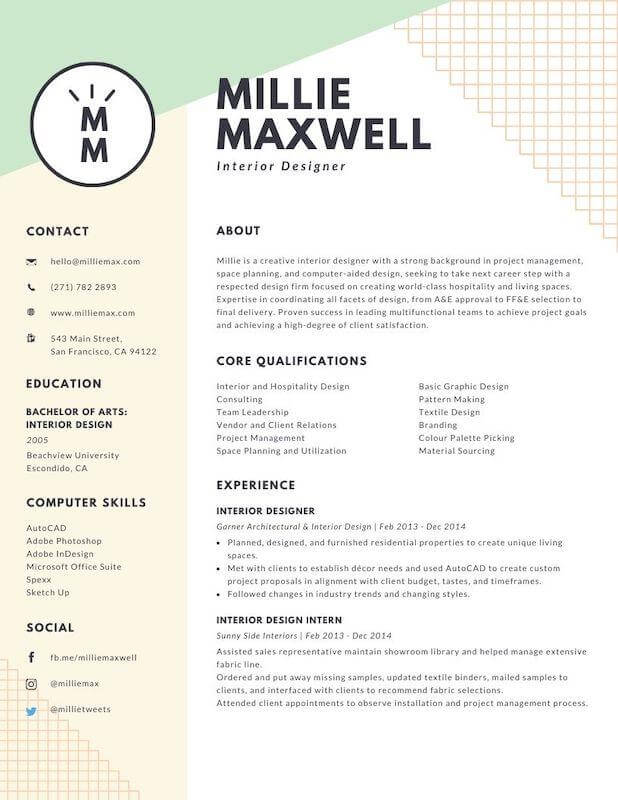
Resume building tools like Canva come with plenty of templates that come pre-designed with appropriate keywords according to your skill-set.
Some of its key features are:
- It has over 6000 resume templates based on specific industries and skill-set.
- Offers customization of colors, fonts, and layouts.
- You can click and create boxes to adjust your resume format and add information.
Here are some keywords that can help you highlight your leadership capabilities:
1. Ability to Teach And Mentor.
- Talks about your ability and experience in teaching and mentoring your team members.
- Highlights your willingness to lead a team and can be included in your experience section.
2. Flexibility.
- You can use this word in a sentence in such a way that it explains how you are flexible about your work and can lead from the front.
- Explaining how you are willing to make long-term commitments is good to add to a skill section.
3. Risk-Taker.
- Highlights how you take or have taken calculated risks in the workplace.
4. Team-Builder.
- It explains your ability to select the right employees to build a responsible and responsive team.
- Here, you can also highlight previous such experiences, either in academic or professional life.
5. Time Management.
- It points out how your time management skills can help get the job done.
- Make sure to briefly explain how you can divide work, delegate tasks, and ensure all team members meet their targets.
3. Communication Skills.
The right communication skills are central to getting the work done in any workplace. And you can’t just teach this skill to anyone – you need to cultivate it over time.
You need to have excellent communication skills to efficiently ideate, collaborate, provide feedback, and delegate tasks.
Moreover, in a dynamic work environment, you need to be an active listener and be able to interpret your tasks easily. It also helps you formulate your own thoughts and respond.
It’s challenging to work with co-workers or employees who can’t read between the lines and require you to explain the same thing multiple times.
In the workplace, you’ll rarely work alone. Unless you communicate the right way, you’ll rarely get any work done.
Therefore, having strong communication skills is an instant hit with recruiters across industries.
For proof, here are some of the most in-demand skills for entry-level positions:
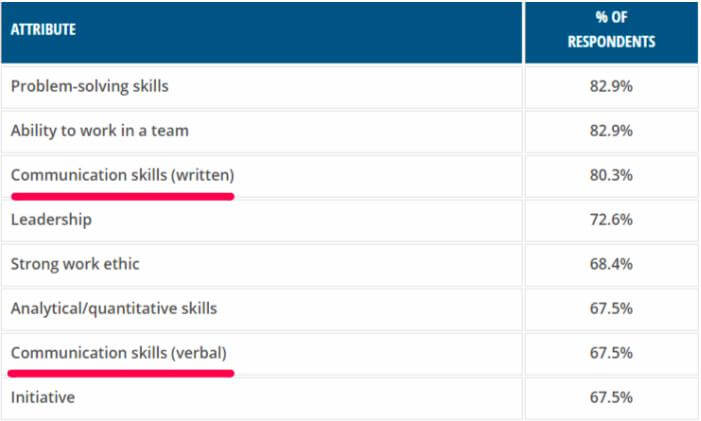
How to Include Communication Skills in Your Resume?
It’s essential to add action-oriented words in your resume to demonstrate excellent communication skills.
Here are some of the keywords you might want to add:
1. Active Listening.
- It highlights your ability to listen to what people say, not just hear them.
- Try to showcase how you think on your own, understand, and respond to your peers.
2. Public Speaking.
- Bring out a knack for public speaking in your resume. Here, you can also highlight your previous public addresses.
3. Constructive Criticism.
- It’s a highly sought-after trait. Highlight how you can constructively criticize your teammates and peers and bring out the best in them.
- Mention how you welcome it as well, and how it has made you a better employee in your skill resume sections.
4. Interpersonal Communication.
- Highlight your interpersonal skills like self-confidence, work ethic, expertise at relationship management, and receptiveness to feedback.
5. On-ground Communication
- Here, you can emphasize your proficiency in the languages you are conversant with, and use words like ‘expert,’ ‘professional,’ and ‘adept’.
- Focus on how your communication skills made you more approachable in previous organizations.
4. Self-Motivated and the Ability to Take Initiative.
The workplace can sometimes get dreary. Long work hours, excessive targets, strict deadlines, and fatigue can turn even the most exciting jobs into chores.
That’s when you need initiative and self-motivation. Employees who can take the initiative, keep themselves motivated, and help others tide over stress and boredom are true assets of any company.
These employees don’t need supervisory guidance, know their jobs well, and are highly motivated to work towards meeting all targets. They go above and beyond their targets and try to ‘make things happen.’
Moreover, these employees display excellent work ethic and problem-solving skills.
Here’s one of the frameworks to keep yourself motivated:
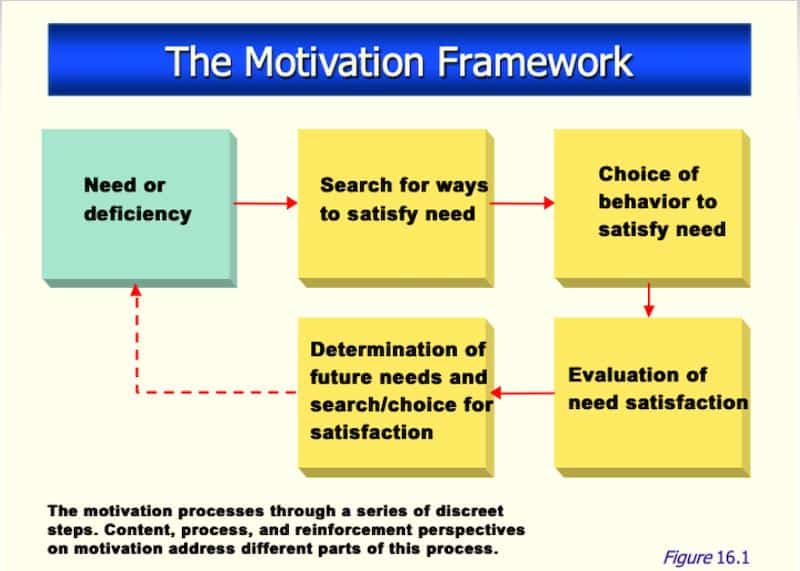
Such frameworks help manage initiative and motivation in the workplace.
You can use different tools to make your trait of taking the initiative stand out.
Take Resume.io, for instance:
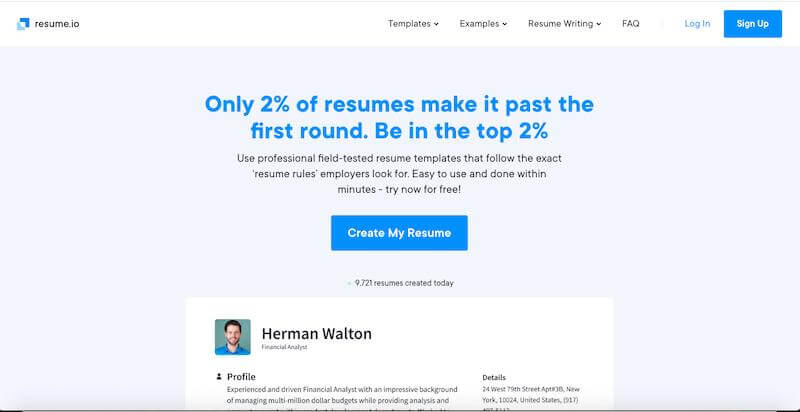
Resume.io helps you recreate the professional templates consisting of the typical ‘resume rules’ employers are looking for, and draw attention to your skills:
This tool can:
- Offer a wide range of simple, creative, and professional templates.
- Offer high customizability with numerous fonts and colors.
- Also offers a free plan for basic features.
How to Include Initiative Taking Skills in Your Resume?
Here’s how you can use specific points to highlight your quality of taking the initiative:
1. Volunteering For Roles.
- Mention that you go above and beyond your stipulated work and volunteer for roles.
- Emphasize you want to make a difference in your workplace.
2. Resolve Conflicts.
- You can highlight instances where you stepped in to resolve issues in your previous workplaces.
3. Share The Credit.
- Mention how you understand that every team member is important.
- Explain how you realize the need to share credit for a job well done and highlight instances where you did the same.
4. Being Decisive.
- Highlight how you can be decisive and mention instances where you have been decisive in the workplace.
5. Brainstorming.
- Explain how you can brainstorm ideas and helped your previous organizations.
5. Adaptability and Flexibility.
Adaptability means being able to change with the environment, including your workspace. When used in the workspace, it can mean being open to innovations, radical ideas, and alterations.
While adaptability is mostly for long-term situations, flexibility is more short-term.
An employee that can adapt, can also:
- Multi-task
- Prioritize, delegate, and complete work in time
- Display positive change in attitude
With the workplace dynamics rapidly changing, employers are focusing on people who can get the job done. This means there’s increasingly more emphasis on flexibility and adaptability in the workplace.
Businesses are looking at higher levels of job redesigning, and terms like job enrichment, job enlargement, and job rotation are slowly gaining traction.
Demonstrated ability to tackle workplace challenges and willingness to be flexible and adaptable on the job are the traits the employer of today is looking for in potential employees.
How to Include Adaptability and Flexibility Skills in Your Resume?
Here are some terms to include in your resume:
1. Open to New Trends.
- Emphasize how you’re open to new trends, ideas, and challenges in the workplace and how it makes you a better employee.
2. High Adjustability.
- It highlights your adjusting demeanor and willingness to tackle new challenges.
3. Problem-Solver.
- Use this term and explain your positive attitude towards problems and how devising and implementing solutions drive you.
4. Ability to Handle Pressure.
- It highlights your ability to soak up pressure and work in stressful situations. Here, you can briefly explain how working on a deadline enhances your performance.
5. Acknowledge Others.
- Emphasize how well you can work in teams and are the first to acknowledge the efforts of others.
- Highlight how you believe in sharing the credit, and how you’ve done so in the past.
6. Culture Fit.
- It explains how your adaptability and flexibility make you an asset in the workplace.
- Here, you can also point out how you can seamlessly fit into the specific company you want to join.
- Highlight the term ‘culture fit’ and how your career goals align with the mission and vision of the company.
6. Creativity and Innovation.
Creativity in the workplace helps you look at problems differently. Moreover, it can help you find new solutions and provide crucial insights into essential decision-making junctures.
Creative thinkers are employees who aren’t limited only to their job, and they try to incubate, ideate, evaluate, and test new ideas.
They don’t shy away from assessing outcomes of the ideas; they think about how to implement and market them and how it can make a positive impact.
Employers are increasingly turning to innovators to lead businesses to the cusp of the ‘Next Big Thing,’ and they are highly sought after today.
According to statistics, creativity is one of the ten top skills that global executives say is essential for 2022 and beyond.
Moreover, if you google “creativity in business,” you’ll see over 426,000,000 results.
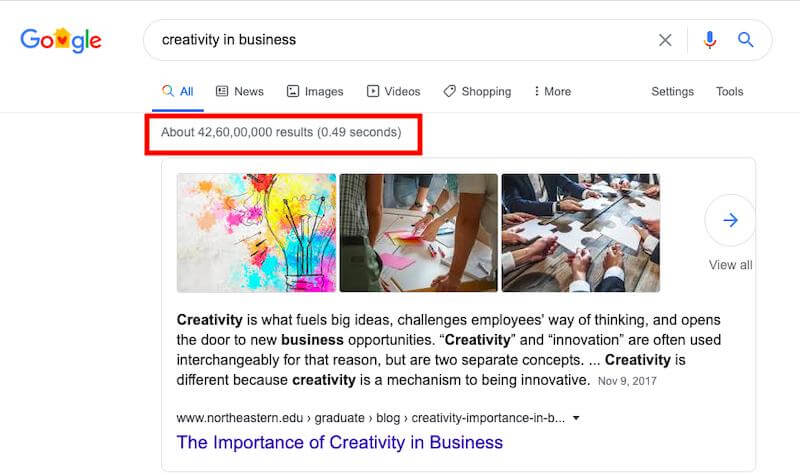
That’s a lot.
It suggests that creativity and innovation are some of the most in-demand traits that can help you land a job easily.
The best way to create a resume that can highlight “creativity and innovation” as your traits is through a resume builder.
Some of the best options include:
Most of these tools help you create engaging resumes and come with pre-set keywords that make you stand out and highlight your best traits, including creativity and innovation.
Some of the features of these tools are:
- Offers thousands of templates based on industries, your required skill-set, and more.
- Offers millions of images and icons.
- Allows you to add graphics easily.
How to Include “Creativity and Innovation” in Your Resume?
Here’s an example of how you can highlight the term “Innovation” in your resume:
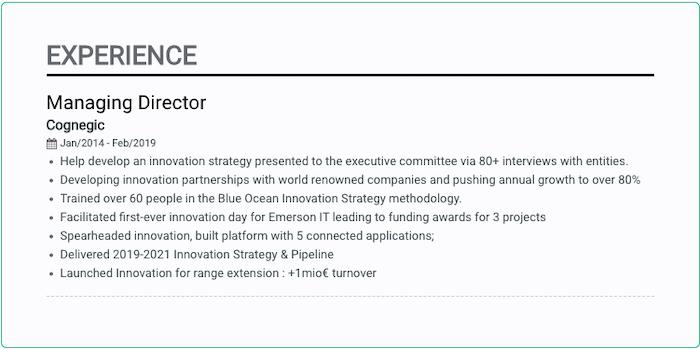
Here are some ideas on brainstorming terms to use in your resume:
1. Mind Maps.
- Mention you know how you can ideate using mind mapping.
- Highlight instances of using mind mapping tools like Miro.
2. Perform Reframing.
- Explain how you can use reframing to visualize problems, situations, relationships from a different angle.
3. Experimenting.
- Mention how you’re not afraid of experimenting to get answers.
- Highlight how you’ve solved problems by experimenting.
4. Divergent Thinking.
- Explain briefly how divergent thinking can create points-of-view other than convergent thinking.
7. Collaboration and Teamwork.
How well you work in teams, in groups, and partnerships are essential considerations.
The first step is to showcase in your resume that you can indeed work in a team and collaborate efficiently.
The corporate environment is fast-paced and multi-dimensional.
If you have to meet all your goals within the stipulated timelines, you cannot neglect collaboration and teamwork.
Furthermore, collaboration can be between specific team members (intra-team) and between different teams(inter-team).
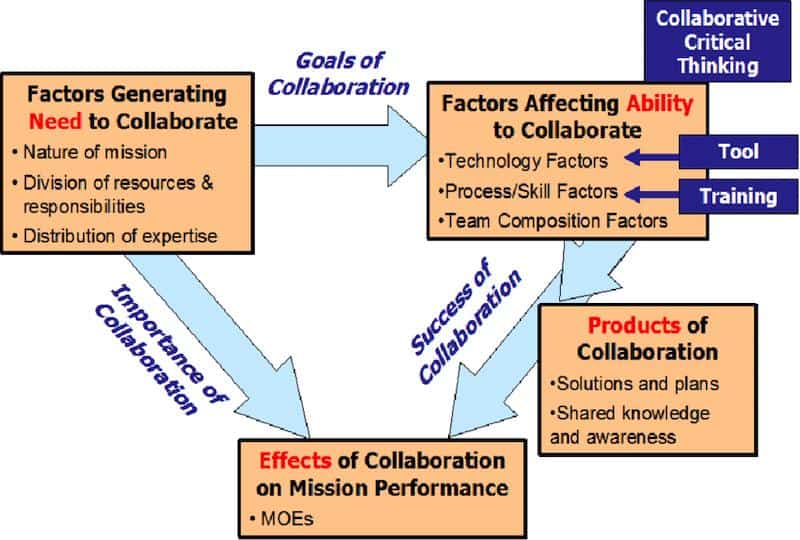
Division and limitation of resources, responsibilities, and distribution of expertise across teams make it necessary to collaborate in the workspace. Teamwork is central to the success of any organization, but it isn’t easy.
That’s why people who demonstrate an ability to collaborate are in high demand in workplaces.
How to Include “Collaboration and Teamwork” in Your Resume?
Here are some terms you can use to emphasize your collaborative spirit:
1. Empathetic.
- Shed light on your ability to empathize with team members and work according to targets as well as emergencies.
- Mention how you’re always ready to cove for a team member.
2. Patience.
- All members of a team aren’t the same. Some will pick up details faster than others. Highlight your ability to be patient and accommodating towards others and work as a team.
3. Takes Initiatives.
- Highlight your demonstrated history of taking the initiative while working in a group.
- Emphasize how you can steer a team project towards completion with your inputs.
- Highlight past instances where you took an initiative.
4. Reliability.
- Demonstrate how you help generate trust in team members and create a conducive work environment.
- Explain how your work ethic improves when team members rely on you to deliver.
5. Division of labor
- Emphasize your ability to divide work according to resources and expertise, which helps in the efficient completion of tasks.
Hard Skills.
Let’s now look at the list of skills that are defined as hard skills. These types of skills can be measured in a specific way.
8. Foreign Language Proficiency.
The world is increasingly becoming a smaller place since most companies are going global now. Employees of software companies and construction firms, chartered accountants, archeologists, data scientists, statisticians, and many other professionals now need to travel abroad regularly.
Some even have to relocate for several months, even years.
With the increasing business opportunities in foreign locations, employers now prefer candidates who have a standard skill-set and are proficient in foreign languages.
These candidates can perform their own duties as skilled workers and help bridge the communication gap between the business and the local population.
Thus, proficiency in languages like French, Spanish, German, Portuguese, Mandarin, Japanese, Russian, Arabic, and Hindi has become highly desirable.
Here are some of the most commonly studied foreign languages:

Image Credit: Europa.eu
While this is a great skill to have, you also need to highlight it correctly.
A resume builder like Zety can help you do just that.
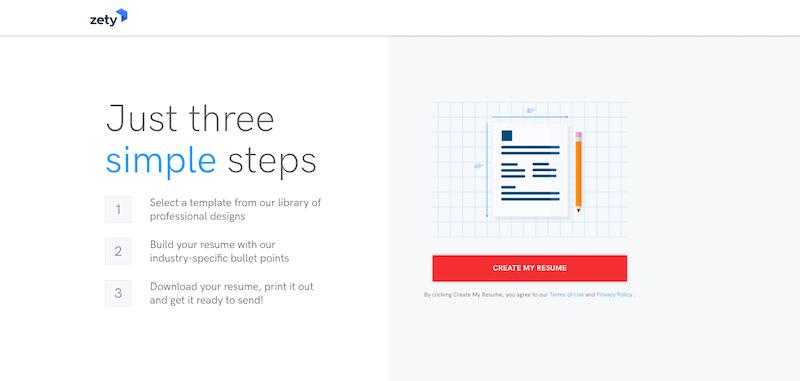
It’s a professional resume builder that can get the job done in a matter of clicks and help you create an attractive resume.
Here’s what it offers:
- More than 20 resumes, cover page, and CV templates.
- Offers toolboxes for extensive customizability.
- Wide range of icons, colors, and fonts to choose from.
- In-built flexible text editor for grammatical mistakes.
How to Include “Foreign Language Proficiency” in Your Resume?
Here are some snippets from a sample resume that can help:

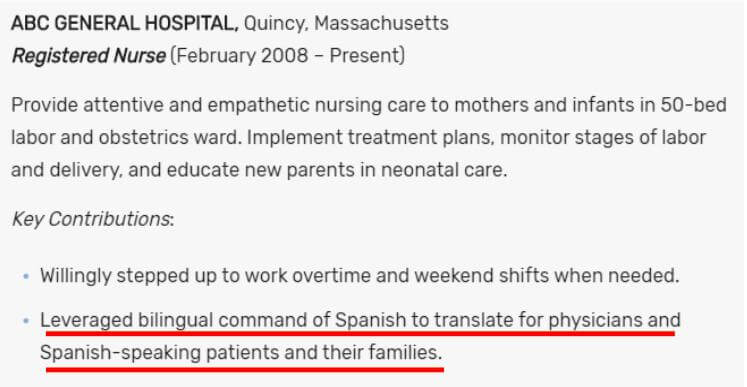
Here are some keywords that can help you stand out:
1. Foreign Languages Known.
- Mention the language(s) that you know.
- Explain your keenness to converse in those language(s).
2. Language Proficiency.
- Be sure to mention your proficiency.
- It can be – beginner, expert, or professional level.
3. Use a foreign language in a fast-paced environment.
- Emphasize how you can help the business by using the language in a dynamic and fast-paced environment.
- Highlight your willingness to put your expertise to good use.
- Mention any past instances where your language proficiency came in handy.
4. Leveraged Command/Expertise.
- Mention instances where you stepped up and used foreign language proficiency in a demanding professional situation.
9. Social Media Expertise.
Around 4.3 billion people use social media in the world, accounting for about 40% of the total world population.
On top of that, over 77% of small businesses use social media for their promotion, marketing, sales, and more.
That in itself is a large market for any business.
Therefore, every employer today is looking for potential employees that are social media savvy. This could include digital marketing skills and certifications, the ability to drive visibility and engage customers.
If you have these skills, then you’ll find plenty of potential employers willing to hire you right away.
The right resume building tools like VisualCV can help you here.
Here’s a sample template from VisualCV highlighting social media proficiency:
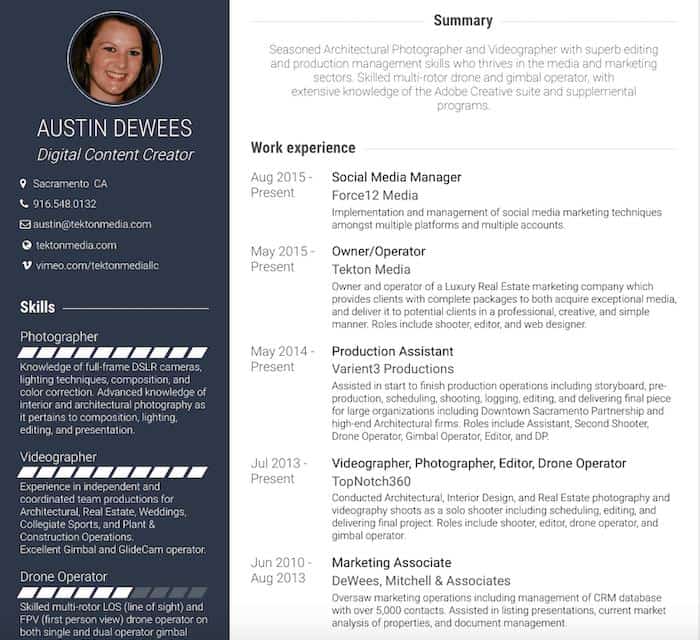
Some highlights of this tool are:
- You get a wide range of templates, fonts, and colors.
- You receive a free resume review.
- They have stringent data privacy controls.
- It tracks your resume viewers with analytical reports.
How to Include “Social Media Expertise” in Your Resume?
To make your proficiency in this area stand out, use some of these keywords:
1. Customer Engagement Expertise.
- Mention your expertise in handling multiple accounts and engaging customers.
- Highlight instances where your customer engagement benefitted previous organizations.
- Provide examples of a mode of customer engagement.
2. Data Analytics Proficiency.
- Mention your knowledge of data analytics.
- Highlight how you’ve used it in past organizations.
- Explain how you tracked metrics and helped improve performance.
3. Improved Visibility.
- Explain how you improved the visibility of the social accounts you’ve worked with.
- If possible, demonstrate with numbers.
4. Customer Service Skills.
- Mention if you ever reached out to customers via social at your previous organizations.
- If you have, what sort of problems you’ve solved.
5. Social Media Marketing.
- Mention if you ever connected with customers to build your brand, drive website traffic, or increase sales.
10. Project Management.
Every business might face a crunch in resources. That’s because resources are limited, and everyone’s competing for a piece of the pie.
Most businesses distribute limited resources within domains, and employees work with those resources to deliver the best results.
Therefore, it’s a necessity for any business to ensure proper distribution of resources – which is the task of project managers.
Employees well-versed in project management should be able to carry out the following tasks:
- Plan resources
- Manage project issues and risk
- Monitor progress
- Perform documentation and reporting
- Manage time and budget
Naturally, such employees are highly coveted today.
If you’re looking for a role in project management, you’ve to ensure your resume includes the right detail. Creating a resume with CakeResume can help you do that.
Here’s a sample:
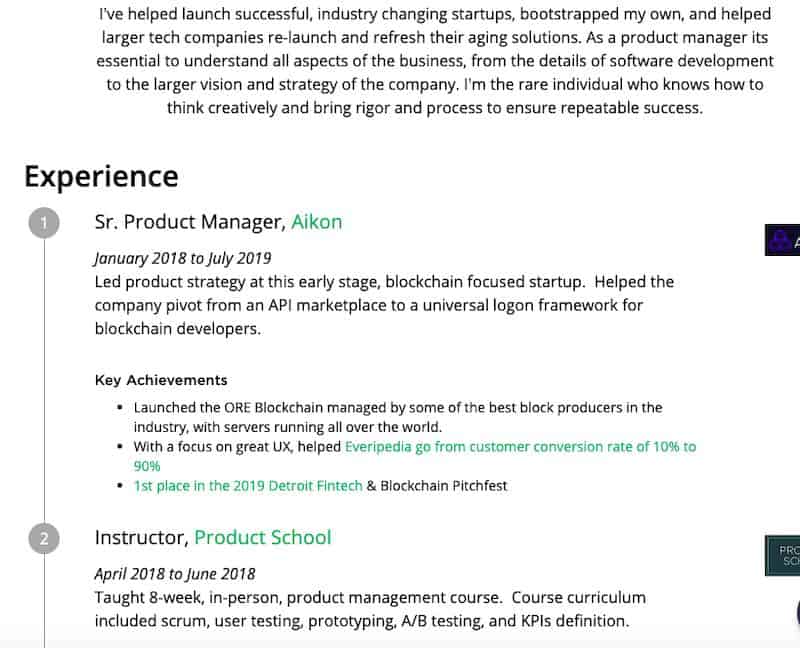
How to Include “Project Management” in Your Resume?
When you want to draw attention to your expertise in project management, you can use the following keywords/highlight the following things:
1. Highlight Your Degree.
- If you’ve got a degree in project management, make sure to highlight it
2. Successfully Managed Projects.
- Mention projects that you successfully managed in your previous organizations.
- Explain any project management software you’ve used and also if you are well-versed in the Microsoft Office Suite of products, including the ability to deal with Word documents, Excel Spreadsheets, PowerPoint slides, and more.
- You can also add any financial tools you’ve used like QuickBooks if the job is in the financial industry.
3. Mention your proficiency in numerous project management frameworks like ‘Just in Time.’
- Employers prefer technical person for project management.
- You can highlight your expertise in operations management like Just in Time, ABC classification, deadstock management, inventory planning, and more.
4. Use terms like ‘responsibility and ownership.’
- Employers prefer candidates who are willing to take ownership and responsibility for their actions.
- Highlight how you can take responsibility and ownership of any task.
11. Computer Technology and Programming Languages.
In this digital era, we use computers in all walks of life, including archeological research, engineering designing, and more.
Therefore, it’s safe to say that working knowledge of computers is one of the most important pieces of professional experience (and can help your resume writing too).
However, the number of employable candidates with expertise in computer technology and proficiency in programming languages is still relatively low outside the computer software industry.
Employers prefer candidates with a thorough knowledge of the computer sciences irrespective of the industry they are in.
To stand out from the crowd, you can use a resume builder like Kickresume to highlight your programming skills.
This tool can help you create a standout resume, cover letter, and make a personal website within minutes.
Some of the features of this tool are:
- Provides more than 50 ATS-ready designer resume templates
- Choose from 20,000 pre-written phrases for more than 3,200 job titles
- More than 100 resume examples to study
- Write your resume in languages like Arabic and Mandarin
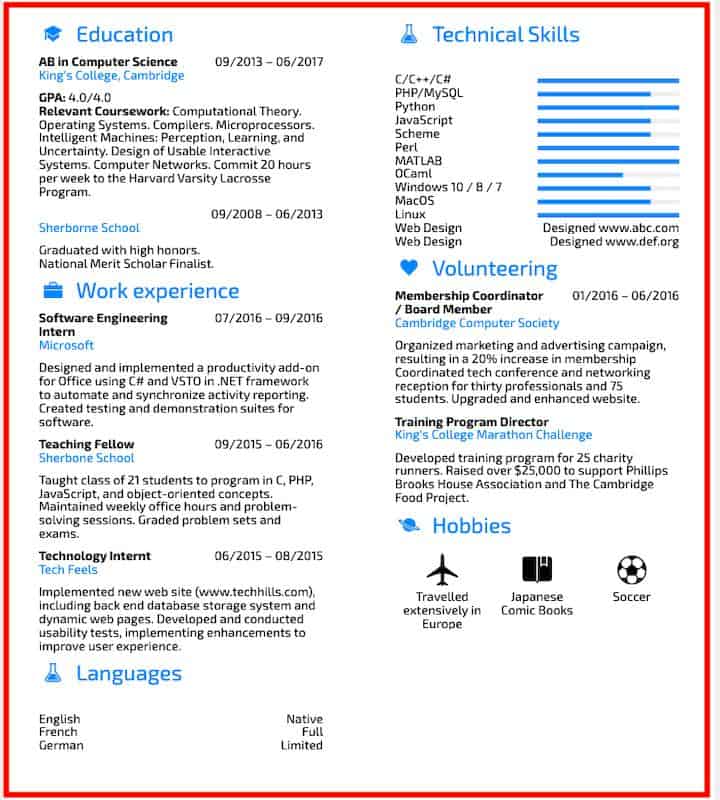
How to Include “Computer Technology and Programming Languages” in Your Resume?
Here are some keywords and transferable skills you can include to score brownie points with employers:
1. Languages Known.
- Mention any programming languages that you know (like JavaScript, jQuery, Python, Ruby, etc.), along with your proficiency.
2. Projects Completed.
- Mention previous projects you’ve completed with your earlier employers.
- Highlight the languages you used.
3. Helped Write Code.
- Mention instances when you helped write and execute difficult pieces of code.
- Explain how it helped your employer with unique computer skills.
4. Performed Feasibility Studies.
- Mention instances when you used your proficiency to study the feasibility of a project.
5. Implementation Decision.
- Highlight cases where you determined whether the implementation of a program was feasible or not.
- Explain how your technical skills helped your organization with metrics to back it up.
12. Statistical Analysis and Data Mining.
According to statistics, by the end of 2017, there were 2.7 zettabytes of data in the digital universe. And by the end of 2020, 1.7 megabytes of data will be created per second per person on the planet.
Just to put things in perspective, there are 31,536,000 seconds in a year, and more than 7.5 billion people on the Earth.
The amount of data is gigantic, and there aren’t enough skilled people on the planet to take advantage of it.
Modern techniques like data mining, text mining, sentiment analysis, and statistical analysis are becoming popular to make use of the enormous amount of data available.
You can use data mining and statistics for so many essential things, including:
- Analyze data and current trends
- Study customer mindset
- Perform market research
- Gather business intelligence
- Take the right decisions for the business
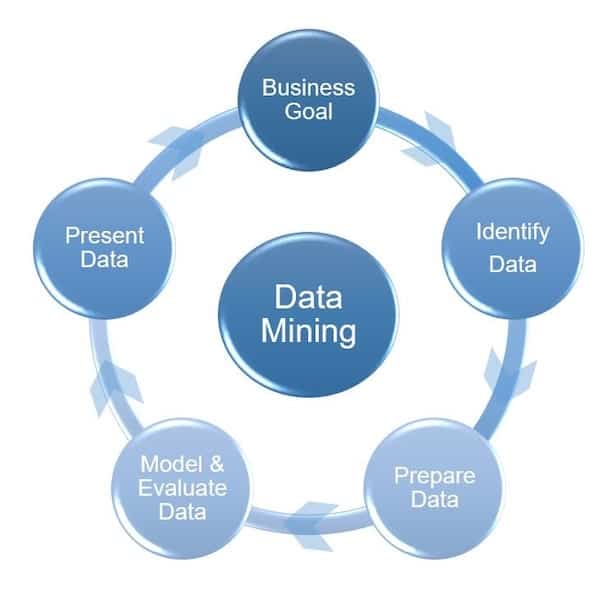
How to Include Data Analysis Skills in Your Resume?
If you have these skills, it’s only a matter of time before you land a job.
Here are some keywords that can help make the task easier:
1. Perform Data Visualization.
- Mention your expertise with data visualization tools, such as Tableau, Databox, etc.
- Explain how you used them in previous business settings and the results you achieved.
2. Perform Quantitative Analysis.
- Here, you can highlight how you performed a quantitative analysis in the past and the tools you used.
3. Proficiency in Statistical Analysis.
- Mention your deep working knowledge in statistical techniques, including correlation, regression, skewness, kurtosis, extrapolation, etc.
4. Proficiency in Machine Learning.
- Mention the techniques you know like the Apriori algorithm, Random Forest technique, Recommender system, etc.
- Explain how you used it in previous organizations for predictive analytics.
13. SEO/SEM Marketing.
Proficiency with SEO/SEM is another definitive hard skill of today. With millions of websites on the internet, everyone wants their site to stand out from the crowd.
Statistics suggest that 93% of all online experiences start with a search engine. And 75% of internet users never go beyond the first page of results of a search engine.
Clearly, for a business to stand out in this digital age, you must ensure visibility. And that’s achieved only by Search engine optimization.
That’s why many employers today seek resumes with a skill-set in digital marketing, customer engagement, pre-sales consulting, and more. That’s why these candidates are in high demand.
If you have all these skills, then you can easily land an excellent job. You just need to craft your resume in such a way that it makes the maximum impact.
How to Include “SEO/SEM Marketing” in Your Resume?
Here’s a resume sample by Enhancv that highlights all the right skill-sets and keywords to help you land a job in the SEO/SEM domain:
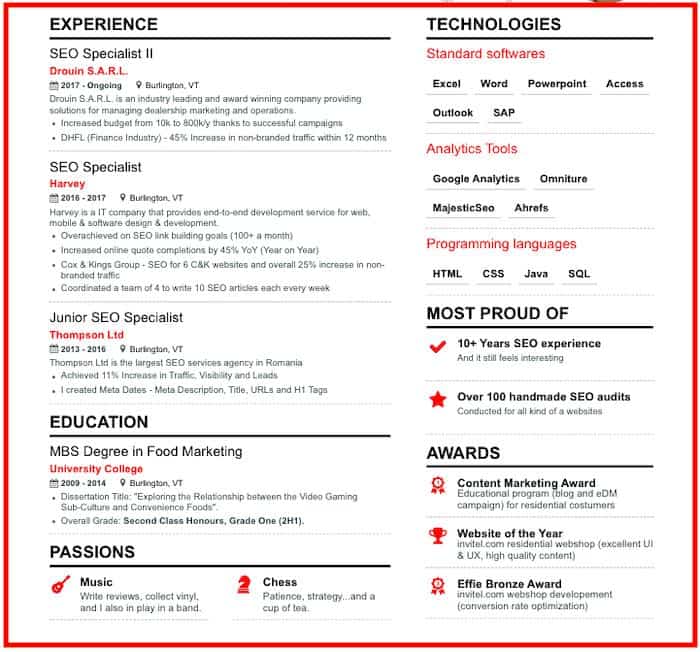
Here are a few keywords that can help you stand out in the crowd:
1. Conducted SEO Audits.
- It’s an essential skill for SEO marketers. Here, make sure to mention how you conducted SEO audits for various websites.
2. SEO Experience in Years.
- Mention your work experience in SEO/SEM marketing.
3. Performed SEO Link Building.
- Briefly mention how you performed the SEO link-building tasks.
- Highlight the numbers associated with your link building efforts.
- Mention the strength of the team you led/were a part of.
4. Achieved an Increase in Traffic And Visibility.
- Explain how you helped increase traffic, visibility, and leads.
- Mention the exact increase percentage.
- You can also mention the improvement in keyword rankings.
5. Proficiency in Tools.
- Explain how you used tools to monitor website performance.
- Mention the tools you used, like Google Analytics.
14. Graphic and Web Design.
These two skills are also a must-have for an experienced resume and depending on your particular industry.
Incorporate both if you have the necessary expertise.
Here are a few points that can help you create a relevant graphic design and web design resume:
1. Graphic Design Samples.
Provide samples of your graphic design work. These should be in JPEG or PDF format, and the file size should not be larger than 5MB.
If you can’t upload these documents to a website, then you may include links to them in the Additional Information section.
2. Graphic Design Portfolio.
Include a portfolio of your work for reference. This can be in the form of an online photo album with links to each image inside.
Having a portfolio lets the employer see your work as they review your resume.
3. Web Design Examples and Samples.
Include relevant web design examples and samples, such as HTML code and CSS graphics.
It’s important that you lay out these items correctly, so make sure they stand out from the rest of your resume (i.e., use different fonts, spacing, and coloration).
FAQs
100%, writing down your skills under your resume is mandatory as it helps to show your unique skillset when applying for any job so employers know what you’re capable of.
Soft skills are interpersonal skills and characteristics you have that allow for good chemistry and understanding of other colleagues such as teamwork, communication, time management, etc.
Hard skills are technical skills acquired through your experience and educational background which typically are required for the specific job you apply for.
Executive Summary.
The advantage of these soft and hard skills is that they stay with you forever, and you can use them everywhere, irrespective of the industry. These key professional skills on your resume help you prolong your corporate career, grow as an individual and professional, meet new people, and learn new techniques.
While your core domain knowledge requirements may change from one industry to another, these relevant skills help you tackle any situation.
With the large number of candidates vying for every job ad there is, it’s getting challenging to stand out. However, including these key skills in your resume will definitely improve your chances of at least getting a job interview with the right hiring managers.
There are other specific personal skills employers look for that I didn’t mention here.
Some very important project management skills are attention to detail, critical thinking, independence, conflict resolution, emotional intelligence, professionalism, corporate etiquette, stress management, the art of mediation, and troubleshooting.
Some of the most sought-after hard skills are teaching, design thinking, accounting and finance, business analytics, knowledge of economics, UI design, data presentation, cloud computing, copywriting, and database management.
It’s impossible for an individual to master all of them.
What’s important is knowing what your strong points are, acknowledging your knack for a specific job and industry, using the right resume building tools, and always playing to your strengths.
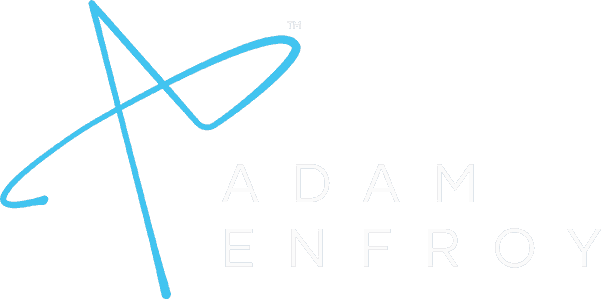





nice article, thanks for sharing such a wonderful article.